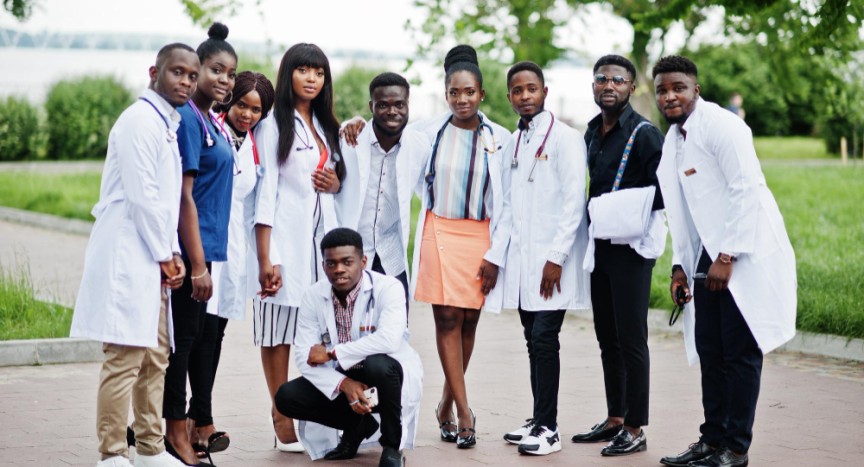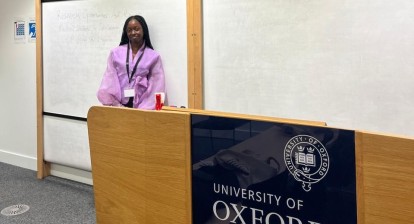In the heart of Africa’s medical schools lies a powerful but often underutilized resource: its students. Future doctors, researchers, and public health leaders are sitting in lecture halls today, equipped with curiosity, energy, and passion. With the right empowerment, medical students in Africa can become vital change agents for global health research, advancing knowledge, addressing pressing health challenges, and shaping the future of healthcare across the continent and beyond.
Why Medical Students Matter in Global Health Research
Medical students are uniquely positioned to contribute to global health research:
- Proximity to the Frontlines
Students often encounter the realities of health challenges early in their training—whether through clinical rotations, community postings, or volunteer opportunities. These experiences provide insights into patient needs and systemic gaps that can inform meaningful research. - Fresh Perspectives
Without being bound by entrenched practices, students bring fresh, innovative ideas. They can question old assumptions and propose novel solutions. - Future Leadership
Students of today will be tomorrow’s policymakers, clinicians, and scientists. Training them in research equips them to make evidence-driven decisions throughout their careers.
Pathways to Empowerment
Empowering medical students requires intentional strategies to build their confidence, skills, and opportunities.
1. Research Training and Mentorship
Workshops, summer schools, and mentorship programs can introduce students to research design, ethics, and data analysis. Having access to mentors who guide them through their first projects builds both competence and confidence.
2. Access to Resources
From digital libraries to open-access journals, students need access to tools that make research possible. Universities and international partners can play a role in providing affordable or free access.
3. Student-Led Initiatives
Research clubs, conferences, and peer-learning platforms empower students to collaborate and share their findings. These communities create a culture of curiosity and accountability.
4. Partnerships and Global Exposure
Exchange programs, collaborative projects, and virtual networks can connect African medical students with peers and mentors globally. Exposure to diverse perspectives enhances their skills and confidence as global contributors.
5. Recognition and Support
Celebrating student research through grants, awards, and publications motivates continued engagement. Recognition sends a clear message that students’ contributions matter.

Inspiring Change Agents
There are countless examples of African medical students already stepping into the role of change agents—whether by conducting small-scale studies in rural clinics, leading health awareness campaigns, or contributing to international research projects. These stories remind us that empowering students is not just an investment in individuals but in the future of Africa’s health systems and global health research.
Conclusion
Medical students in Africa are not just learners; they are potential leaders and innovators. By providing mentorship, resources, and opportunities, we can empower them to transform health research across the continent. In doing so, we strengthen global health, because when Africa’s future doctors and researchers thrive, the world benefits.





Customer Reviews
Thanks for submitting your comment!